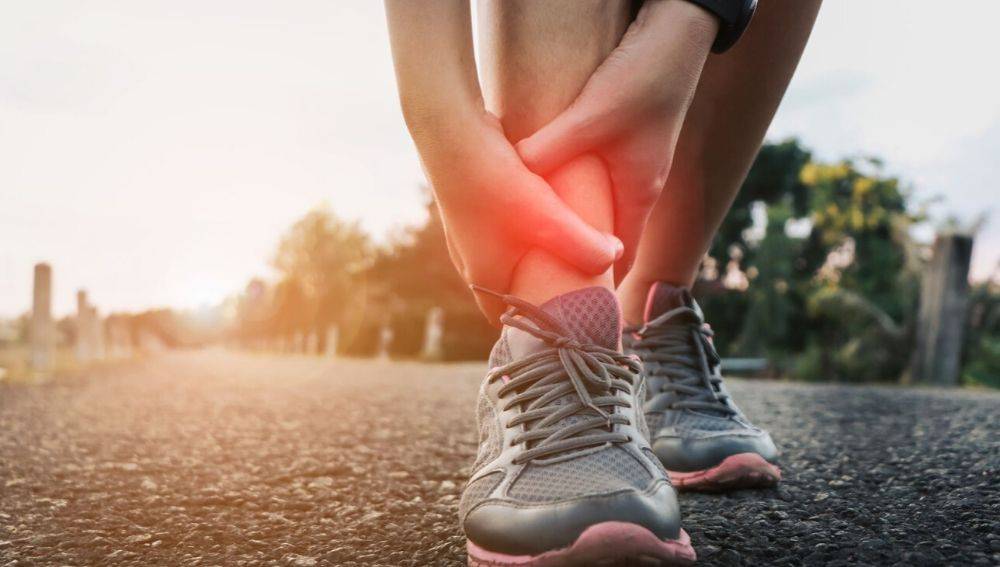Your Cart is Empty
Meal timing strategies to lower appetite & burn fat
August 07, 2019 3 min read

Rather than burning more calories to lose weight, research has found that by lowering your appetite through intermittent fasting (IF) or eating earlier in the day you are able to increase fat burning and weight loss. Published in the journal ‘Obesity’, the study was the first of it’s kind to show that meal timing affects 24-hour energy metabolism when food intake and meal frequency are matched.
“Coordinating meals with circadian rhythms, or your body’s internal clock, may be a powerful strategy for reducing appetite and improving metabolic health,” said Eric Ravussin, PhD, one of the study’s authors and associate executive director for clinical science at Louisiana State University’s Pennington Biomedical Research Center in Baton Rouge.
Courtney M. Peterson, PhD (lead author of the study and an assistant professor in the Department of Nutrition Sciences at the University of Alabama at Birmingham), reported that meal timing strategies may burn more fat on average over the course of a day. ETRF (Early Time-Restricted Feeding) which is a type of IF where dinner is eaten in the afternoon was able to able to switch from burning carbs to burning fats for energy.
“We suspect that a majority of people may find meal timing strategies helpful for losing weight or to maintain their weight since these strategies naturally appear to curb appetite, which may help people eat less,” said Courtney M. Peterson.
Hollie Raynor, PhD, RD, LDN, who was not associated with the research, said “this study helps provide more information about how patterns of eating, and not just what you eat, may be important for achieving a healthy weight.” Raynor is a professor and interim dean of research in the Department of Nutrition, College of Education, Health, and Human Sciences at The University of Tennessee, Knoxville.
Other meal strategies that helps with fat burning
Eat 4-5 meals per day.
This is a great way to keep your metabolism revved and keep your appetite in check. You should be eating within 45 minutes of waking up, then again every 3-4 hours after that. This will keep your blood sugar levels stable and prevent you from getting hungry between meals.
Don’t go more than 3–4 hours without eating.
Don’t go more than 3–4 hours without eating. If you do, your blood sugar will probably drop enough to trigger hunger and make you reach for high-calorie snacks or fast food. Eating every few hours will keep your blood sugar stable and give you energy so you don’t feel weak and tired.
Don’t skip breakfast.
Skipping breakfast is a common mistake that many people make. While it may seem like it would help you lose weight, it actually does the opposite.
If you don’t eat breakfast, your body thinks that you’re starving and starts to store food for later use. This means that instead of burning calories, your body will be storing them as fat.
When you skip breakfast, you also tend to consume more calories later in the day because your body goes into starvation mode. Your metabolism slows down and your appetite increases so that you can try to make up for the calories that were missing from breakfast.
Eat at the same TIME every day.
This is a simple concept but it works. When you know when you’re going to eat, your body can adjust to that schedule and start burning fat at a faster rate. The key is not to skip meals or snacks, even if you’re not hungry. This will keep your metabolism working and prevent hunger pangs later in the day.
Don’t overeat at night.
Limit your calories to 500 in the evening, and don’t go back for seconds. Calories eaten at night tend to be more fattening than calories eaten during the day because they're usually consumed after a long period of fasting. They also don't provide any feel-good satisfaction because the body hasn't been able to register satiety signals from food for several hours. This can lead to increased cravings later on, which then leads to binge eating and weight gain.
The timing of your meals can play a massive role in how much you eat. And this doesn't only apply to those that are trying to lose weight or cut calories. Everyone should watch their calories, but it might be especially important for people who are known overeaters. Ultimately, burning fat and lowering appetite are just two parts of a healthy weight loss equation. Physical activity is also necessary—losing fat means that you must burn more calories than you consume. And, of course, healthy eating patterns are important as well.
Reference:
- Eric Ravussin, Robbie A. Beyl, Eleonora Poggiogalle, Daniel S. Hsia, Courtney M. Peterson. Early Time‐Restricted Feeding Reduces Appetite and Increases Fat Oxidation But Does Not Affect Energy Expenditure in Humans. Obesity, 2019; 27 (8): 1244 DOI: 10.1002/oby.22518
Also in Diet and Nutrition

Best Supplements for Injury Recovery (And Nutrition Tips to Heal Faster)
May 21, 2025 6 min read
Read More Recent Articles
- Best Supplements for Injury Recovery (And Nutrition Tips to Heal Faster)
- Does Whey Protein Have Lactose? What You Need to Know
- Protein Shake for Breakfast: Is It a Healthy Choice?
- How to Bulk: A Complete Guide for Beginners
- 10 Quick Pre-workout Bites to Power Your Training
- Banish the Belly Bloat: Simple Solutions for a Flatter Feeling
- Navigating the Golden Years: Enhancing Mobility as You Age
- A Comprehensive Dive into the World of Biohacking
- Why you should try the Mediterranean Diet
- Managing Blood Sugar Spikes: A Comprehensive Guide for Better Health
${{amount}}















